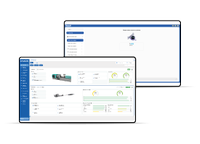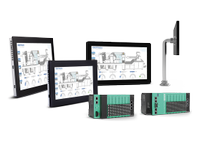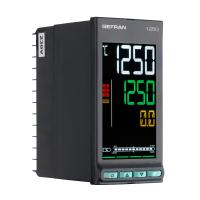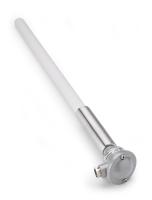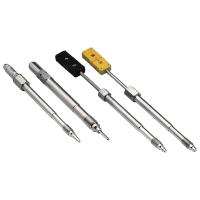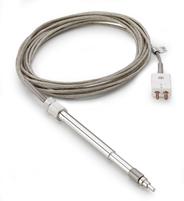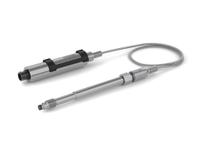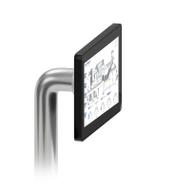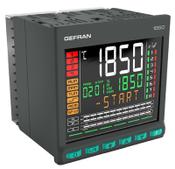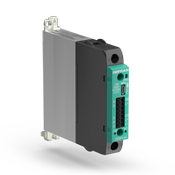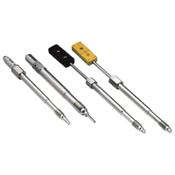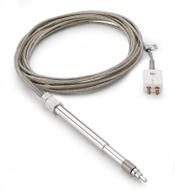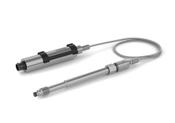The extruder is an industrial machine used in the continuous transformation of thermoplastic materials, converting them from solid to molten state and generating a homogeneous flow of plasticised material.
The extrusion process is applied in several stages of the useful life of plastic and rubber, from polymerisation to the creation of pellets with specific characteristics through mixing, up to the shaping of the final product.
Requirements:
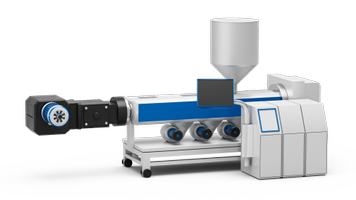
Enhancing Production Data
Learn more
Control of the extrusion process
Learn more
Temperature control
Learn more
Melt temperature measurement
Learn more
Flow control through the melt pump
Learn more
Dirty filter detection
Learn more
Operating Principle
The plastic material is introduced through a hopper, which doses the raw material.
The extruder contains a cylinder (or “barrel”), which in turn houses a rotating screw (or multiple screws, in the case of twin-screw extruders). The screw has three fundamental purposes: transport of the material, melting through the combined effect of friction and heat and homogenisation of the molten material.
The screw is divided into functional zones (feeding, compression, dosing), each with a shape and surface optimised to modulate the pressure, temperature and viscosity of the material during the process.
The heat necessary for fusion is provided both by electrical resistors (external to the cylinder) and by the mechanical energy generated by the shear stress internal to the mass.
The process develops following specific recipes, i.e. predefined sequences of materials and processing parameters, adapted to the characteristics required by the end product.
Lastly, the plasticised material is pushed towards the end of the cylinder, where it crosses an extrusion head equipped with a shaped die, which gives the plastic flow the desired form (see Flat Head Extruder and Blown Film Extruder).
Requirements and Technology
The extrusion process requires the centralised and synchronised control of interdependent variables such as screw speed, temperature and melt pressure, in order to guarantee process stability, the rheological quality of the product and operational efficiency. It is essential to maintain precise temperature control in each heating zone to ensure the correct viscosity and reduce surface or dimensional defects. The accurate measurement of the melt temperature, via direct immersion probes, is fundamental to obtain a true representation of the conditions of the material. Furthermore, flow control via a melt pump and the timely detection of dirt in the filter make it possible to stabilise the process and prevent anomalies.
Other critical factors in process control include:
- Integration of certified security logics
- Resistance of components to loaded or recycled materials
- Continuous monitoring of rheological properties with rheometers
Gefran offers a complete range of control platforms, melt pressure and temperature sensors and modular solutions that can be easily integrated into any plant, ensuring efficiency, safety and constant quality in the extrusion process.

